What is Sexual Bullying and When Does it Start?
What is sexual bullying?
Sexual pestering and sexual bullying are two different things. While Title IX officers are saying that sexual pestering (manipulating or pressuring someone to have sex) is on the rise on college campuses, sexual bullying can happen as early as middle school and is becoming a common part of the high school experience.
In fact, a recent study conducted by the Making Caring Common project showed that 87% of young people under the age of 18 experienced some form of sexual harassment. So, what are the ways that parents and caring adults can help young people learn how to avoid it?
Sexual bullying and sexual harassment among teens
Sexual bullying can take the form of harassment, such as the making of sexual threats, or it could be name-calling, using terms like “slut,” “whore” or “faggot.” Sexual bullying affects all sexes and all sexual preferences, with girls being just as likely to slut-shame each other as boys.
When interviewed on the issue, one young person said, “Hearing sexual comments all the time is just a normal part of high school.”
Given how important peer relationships are to teens, sexual bullying is having significant impact on their mental health and well-being. While each individual responds differently, there are common effects to look for if your young person has experienced bullying. They may develop anxiety or depression, or struggle with an eating disorder. Some young people might become more socially reclusive, while others might do the opposite and start to act out and/or engage in risky sexual behavior.
Given the false messages in the media that teens receive daily, caring adults can teach young people as early as middle school that sexual bullying is not only potentially illegal, but can have long-lasting impact on a person’s future. Since 76% of teens report they never had a conversation with their parents about how to avoid sexually bullying someone, there is a lot more we can do to help educate our youth.
How to help your teen combat sexual bullying and harassment
Here are some ways that parents and caring adults can have an effective conversation:
1) Ask your teen if they understand what sexual bullying is. Chances are they do, but ask them to give some examples. You could then open a dialogue about how they think this type of bullying affects the individual experiencing it.
2) Discuss popular culture and the media. Begin to create ongoing conversations of the types of things your teen is seeing online and what they think of it. Start to educate them on how to separate fact from fiction, letting them know that most of the sexual content they see online is based on what sells versus what is true and real.
3) Ask them how they feel when they witness sexual bullying. What would they say if they wanted to stick up for the person being bullied? Most importantly, who would they go to if they themselves were bullied?
4) Let your teen know they have a right to determine what type of experiences and self-expression are best for them, regardless of what their friends say or do.
5) Continue the conversation! Teens go through massive developmental changes between the ages of 12 and 18. Keep the discussion alive by checking in along the way, since the variables at each stage will be different.
If you need help talking to your teen or pre-teen about sexual harassment or bullying, I invite all parents concerned with the sexual safety of their kids to check out my Wise Steps Parenting Workshop. The workshop provides a complete road map for how to have these tough conversations with teens in a way that builds confidence in young people and greater peace of mind for parents.
Just go to the link on our website, and learn how to help young people be informed, not afraid: https://www.bestrongbewise.com/programs-for-parents

